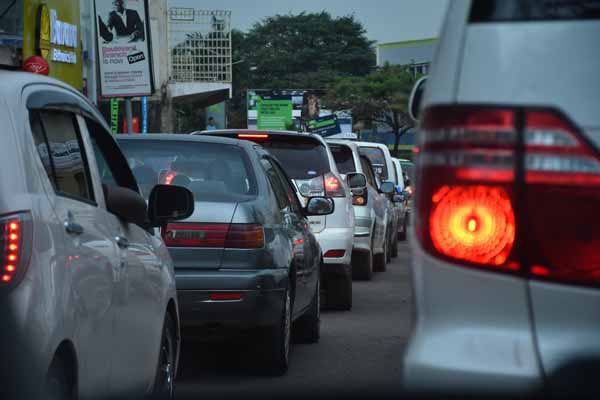What you need to know:
- In a notice issued yesterday, URA indicated the commissioner customs had taken a decision to close Coin Bond resulting from a land wrangle
Uganda Revenue Authority (URA) has directed importers and owners to clear out all motor vehicle units warehoused in Coin Bond in Nakawa Kampala. In a notice issued yesterday, URA indicated that the commissioner customs had taken a decision to close Coin Bond, noting that no importer or owner would be expected to deposit a motor vehicle in the said facility.
“The Commissioner Customs notifies the general public about the closure of Coin Bond, as such, no motor vehicle units shall be deposited in the said facility with effect from March 22,” the notice reads in part, adding: “The Commissioner Customs calls upon all owners of motor vehicles that are still warehoused in this bond to clear them out within ten [10] days … for either home consumption, exportation or removal to another licenced bond.”Coronavirus and its effect on the car sales business
Coin is one of the largest bonds that warehouses used motor vehicle in Uganda. It covers a long stretch on Jinja Road. Mr Ibrahim Bbosa, the URA assistant commissioner for public and corporate affairs, yesterday told Monitor, the bond had been closed over a land wrangle, which had existed over a long period of time.
“In our conditions for licensing bonds, it is not sustainable to have a bond whose existence is not guaranteed. So, there have been some back and forth between them and us where we have advised them to take the vehicles to other bonds.
Their latest communication to Commissioner Customs was requesting for more time, so that the car owners in the bond are able to pay their demurrage. Otherwise, if they just go away they will lose the demurrage,” he said, noting that they had provided the option of relocating vehicles to other bonds because their licence as a bonded warehouse for vehicles is not tenable now given their challenges.
However, Mr Bbosa did not give details of the nature of the land wrangle between Coin Bond and their landlord. Sources close to the matter, who asked for anonymity to speak freely about the matter, told Monitor the bond was being closed because of a land wrangle that has existed for more than 28 years.
The wrangle, sources said, is between Coin Bond and the landlord, whose details we could not readily establish.
However, sources noted, the landlord had recently won a court case, which in essence requires Coin Bond to vacate the land.
we could not readily get a comment from proprietors of Coin Bond.
An old case
It was not readily clear whether the wrangle is related to the one in 2000, in which Hwang Sung was forced to withdrew from Coin, after court stopped it from occupying the disputed bonded warehouse, which had been allocated to Hwang Sung by the KCC, now KCCA on claims that the owners had failed to utilise it ever since it was leased out. By Dorothy Nakaweesi, Daily Monitor






